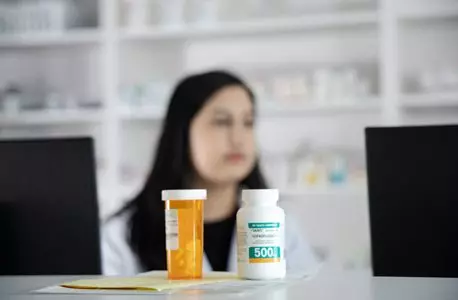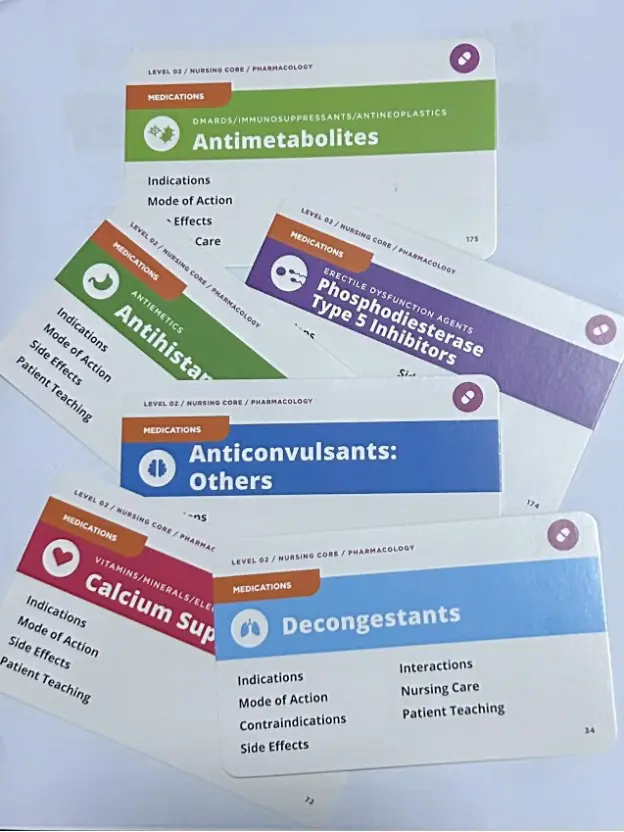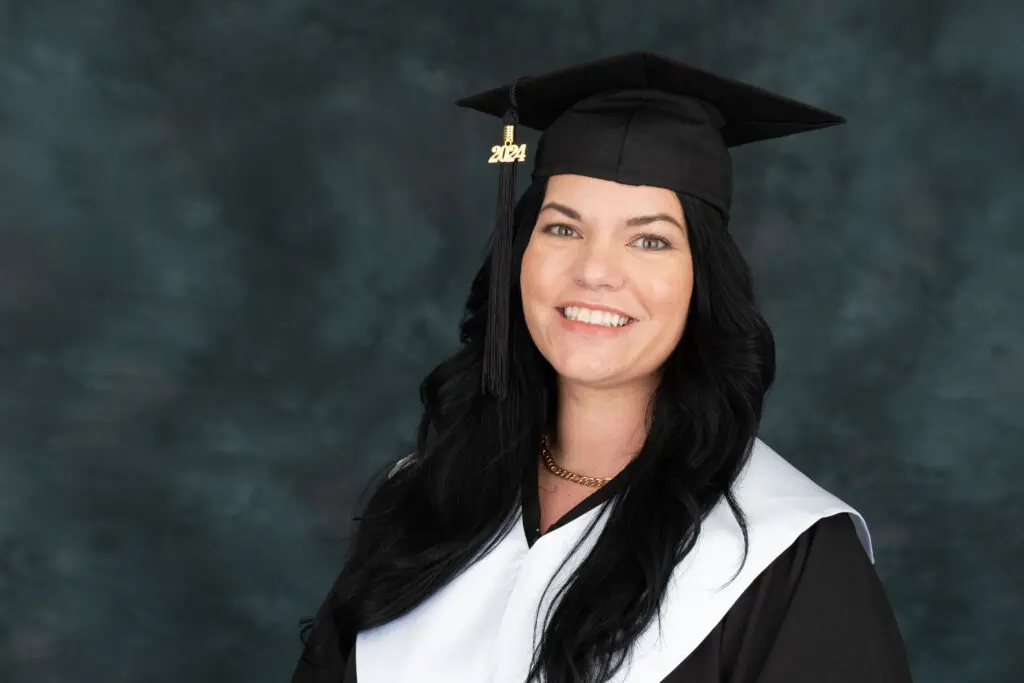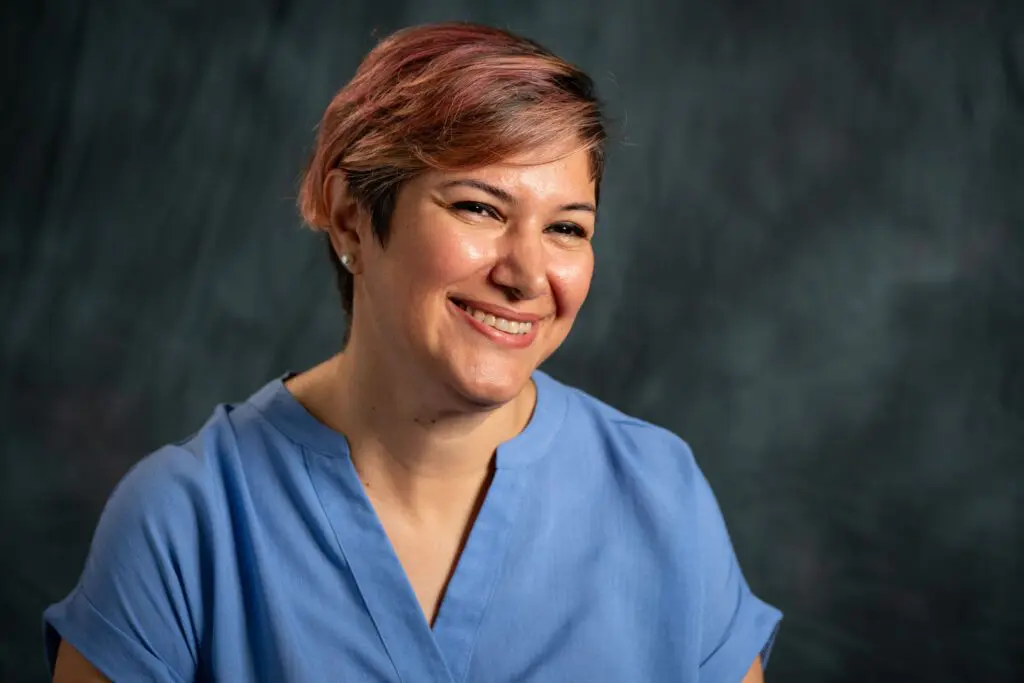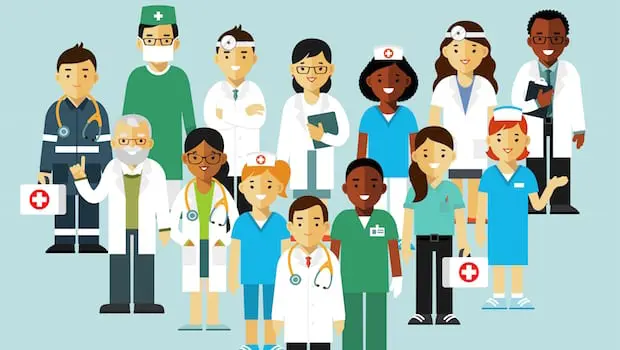
The health care industry has always been on the cutting edge of technological development. Even computers found some of their first homes in hospitals, where widespread ‘minicomputers’ of the 1970s (which later became personal computers) were first adopted to streamline the medical administration process.
Today’s hospitals offer emerging electronics as well as these tried-and-true technologies, creating the most accurate monitoring systems and best possible experiences for each patient they encounter.
If you’re interested in helping members of your community achieve their best health, there are plenty of exciting, high-tech reasons to turn your passion into a profession in 2016. For a start, you’ll be able to try your hand at these tools:
1. Reading Electrocardiograms with Medical Laboratory Assistant Training
If you enjoy working with people and completing tasks with precision accuracy, a career as a medical laboratory assistant might be right for you. These professionals work daily to ensure hospitals, research institutions, and private labs are running smoothly, providing patients with compassionate and skillful service.
As well as the meticulous technical work of performing phlebotomy (blood work) and basic pre-analytical lab procedures (like preparing slide samples for microscopic examination), many modern medical lab assistants work firsthand with electrocardiograms.
An electrocardiogram (ECG or EKG) is a way of testing for problems with the electrical activity of a patient’s heart. Line tracings on paper show spikes, dips, and waves that represent the rhythm of a heart’s electrical pulses (pumps). The right medical laboratory assistant courses can teach you how to conduct ECG testing and identify precarious heart problems that can be seen through these complex graphs.
2. Operate Cardiac Event Monitors and More as a Cardiology Technician
While ECGs are a specialized aspect of modern medical laboratory assistant training, they’re a cardiology technician’s bread and butter. Every good cardiology technician can read and interpret ECGs for arrhythmias, irregularities, and general data.

But if you become a cardiology technician, you’ll also learn how to use specialized technology like Holter monitors and cardiac event monitors, which do the equally important work of tracking blood pressure and/or pacemaker activity in patients.
You’ll prepare and instruct patients on how to use these technologies on themselves, and produce reports for physicians and cardiologists from the data these monitors generate. This work makes cardiology technicians an invaluable part of any health care team.
3. Use Pharmaceutical Technologies in Pharmacy Health Care Careers
Those with careers in the pharmaceutical industry are constantly working with technology to provide patients with the medications they need to live their best lives. Barcode identification of medicines, for example, has long been used by pharmacy technicians to reduce medicine administration errors and improve the completeness of each patient’s medication history.
According to the Royal Pharmaceutical Society, some of the most exciting new technologies in this field include “adherence monitoring” and “smart packaging.” These are microchip sensors put inside medicine containers to monitor when doses are taken out of the package. That data can then be transmitted back to the pharmacy or the patient’s doctor’s own mobile device.
While not mainstream yet, this kind of technology is already available throughout the Canadian pharmaceutical industry, and offers potentially life-saving benefits. UBC’s Faculty of Pharmacy Science reports that non-adherence to prescription medication is a big problem in Canada, with approximately 50 per cent of chronic disease sufferers regularly neglecting to adhere to their prescriptions. With new technologies, pharmacy technicians can help mitigate these problems.
You can become a part of this fast-paced, meaningful industry by pursuing one of these health care careers.
Are you interested in earning your own health care diploma?
Visit Stenberg for more information or to speak with one of our friendly advisors.

